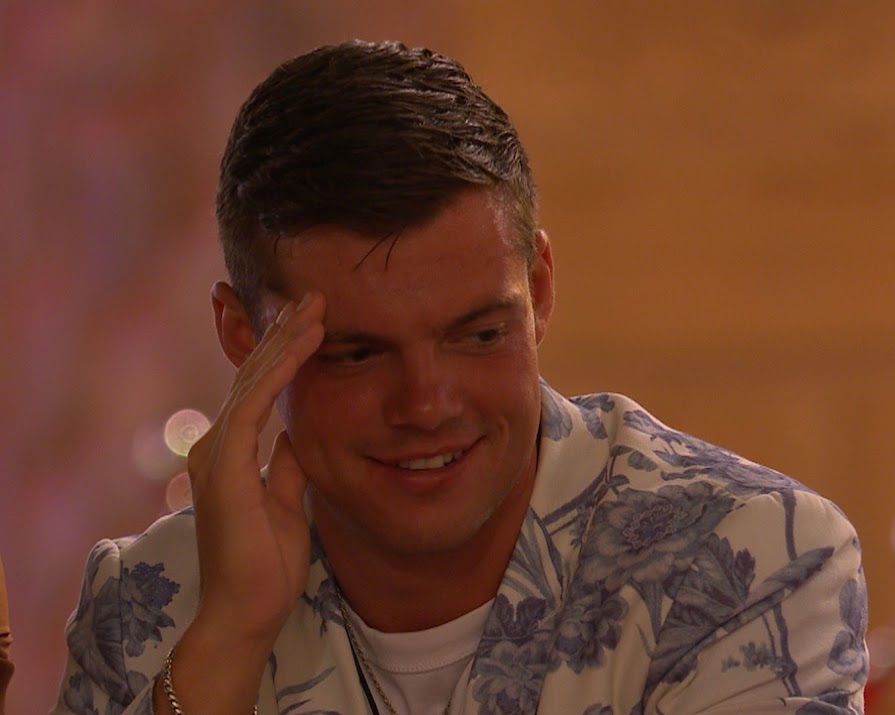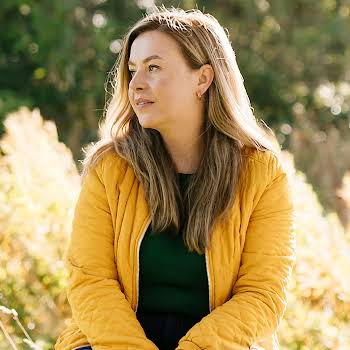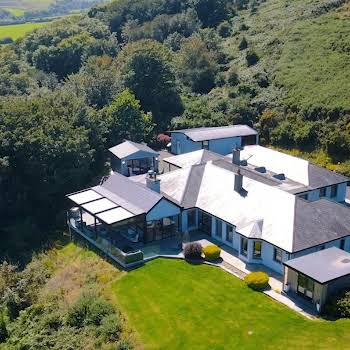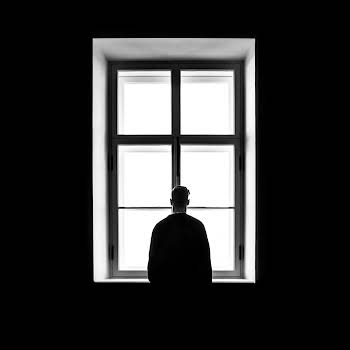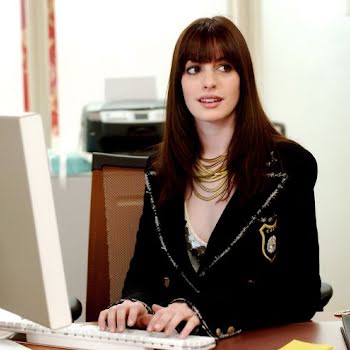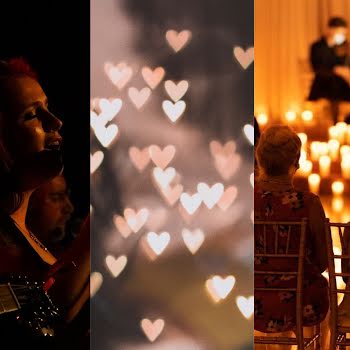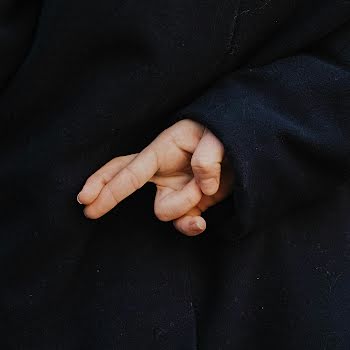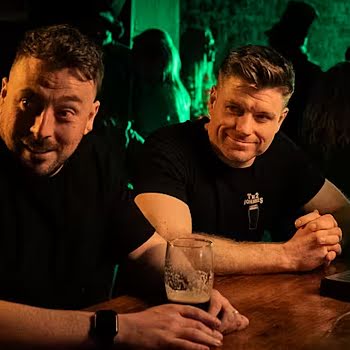The ‘Love Island’ men don’t want love; they want other men’s approval
By Sarah Finnan
21st Jul 2022
21st Jul 2022
Six weeks in and some familiar patterns of male behaviour are emerging...
Every year, millions of viewers across Ireland and the UK tune in to watch a new group of impossibly beautiful young people try to find love on Love Island.
The first official sign that summer has arrived, the show is so ingrained in the cultural zeitgeist that we willingly dedicate hours of our life to it. On our TVs six nights a week for eight consecutive weeks, Love Island is most definitely a marathon, not a sprint… but now six weeks in, with the finish line well within sight, some familiar patterns of male behaviour have started to emerge.
A dramatised performance of modern dating rituals, the show feeds into societal ideals of masculinity – reinforcing heteronormative gender roles as the men put on a show, not only for the women, but for the other men too. The purpose of these courtship techniques – framed as attempts to find love – is twofold; one, it boosts the boys’ confidence in their own performative masculinity; and two, it establishes a distinct level of inequality between them and the girls. Not quite the stuff of romantic poetry, now is it?
Like it or not, Love Island is a microcosm of reality. People disregard it as superficial TV fluff, but what happens when you observe a group of people in a 24-hour period for weeks on end is that inevitably, the villa becomes reflective of a wider society. Admittedly, it takes a pretty specific type of person to sign up for a reality TV dating show that will be watched by millions, which might explain why the Love Island boys aren’t just red flags but miles-long strings of red flag bunting.
The boys & the way they treat Ekin & Tash is so uncomfortable at this point #LoveIsland pic.twitter.com/MiaxabcR8q
— erin (@erin19822563) July 19, 2022
Where we really see this come into play is Casa Amor. As is the case every year, Casa Amor appears around the halfway mark in the series – just as the islanders begin to settle into their new couples. The men and women are divided into two respective groups; each introduced to a villa full of fresh, new, single faces. After a couple of days, the original islanders are brought back together to see if they remained faithful or bowed to temptation.
It’s the season’s biggest catalyst for break-ups and typically, the female islanders stay loyal and closed off from their new castmates while the men treat their new line-up as a way to justify acting out. Yes, this is a bit of a generalisation, but we have almost eight full seasons of market research to back this statement up. Deji, admittedly the least problematic of them all, literally said: “I don’t want peace, I want problems, always”… and I think that about sums it up.
Often dubbed “the ultimate relationship test”, this year’s male contestants really took the “test” part of Casa Amor to heart. Luca was loudest about his loyalty, but that devotion didn’t extend beyond Gemma to his self-professed besties Paige, Ekin-Su, Indiyah or Tasha. His own eyes never strayed from Gemma, but he’s by no means faultless and not only enabled the other boys’ bad behaviour, but actively encouraged it… at the expense of his female friends’ feelings.
The rest of the boys, took their “holiday” as a green-light-go to do whatever the hell they wanted; Davide and Andrew motivated by hurt caused by their respective partners, Jacques and Dami just because. However, as the girls show each year, there is a respectful way to get to know someone new without being what the islanders call muggy (I’m hip, I’m cool). The fact that the boys were most interested in impressing each other is seen most clearly when Jacques and Dami make a secret pact before bed (“I’ll kiss under the covers if you do”).
Tasha hasn’t behaved perfectly through the series but the constant nastiness directed at her by other islanders is just horrendous. Thank god Andrews started sticking up for her. Also when Ekin asked what heavyweight meant and all the boys just laughed. So so nasty ? #LoveISland
— Amy Hart (@amyhart1707) July 19, 2022
Jacques’ behaviour in Casa Amor is indicative of a general insensitivity to women’s feelings. Disrespecting Paige multiple times while they were separated, he also treated the new line-up of girls as being completely disposable. He told Mollie he wanted to share a bed with her, then had a conversation with Cheyanne straight after and immediately changed his mind. The hypocrisy of Jacques’ actions cannot be ignored; just a couple of days prior, he lost his temper at Paige for merely talking to Jay.
Not to minimise or discredit his mental health struggles, but Jacques left the villa just one day after Adam Collard entered and expressed interest in pursuing Paige. His immediate reaction to Gemma’s suggestion that Adam had slagged him off in front of the girls, was to clench his fists and engage in yet another performative dance of hyper-masculinity.
Fuelled by anger, violence and a competitive spirit to win what he feels is his, you might think that his reaction was motivated by intense feelings for Paige… in reality, she was but a minor factor in this scenario. What Jacques’ reaction really came down to was the fact that he was being denied Adam’s acceptance – himself a beacon of masculinity; tall, chiselled, well-respected. In an interview with The Sun, Jacques admitted that he was worried he might attack Adam. “I thought if I don’t get myself out things could go horribly wrong and I could get physical,” he said.
This all-or-nothing mentality is a double-edged sword; one that only works in the boys’ favour. It allows them to vilify the girls for not giving them 100 per cent while simultaneously clearing them of doing the same. Either you’re fully open or you’re not, as Dami would undoubtedly point out. Summer, the last of the Casa Amor girls to remain in the villa, was treated as a disposable and temporary commodity, there to please the boys in the interim – but not really a viable option in their eyes. The same could be said of Cheyanne or indeed, Coco.
Hurt by the insinuation that he was letting Tasha walk all over him, and egged on by the boys, Andrew acted out and pursued Coco with gusto. There was no warming up period; they went from strangers to “sucking tits or whatever” quicker than you can say PDA… and not one person approached Andrew to see if maybe he was going about things the wrong way. From Luca and Dami villainising Tasha (supposedly their friend), to the blatant double standards that exist between Ekin-Su and Davide, it’s clear that there are one set of rules for the boys and a very different set for the girls.
the way luca speaks about tasha it’s giving piers morgan and his never ending obsession with meghan markle, like why does he have that much hostility for her? It’s actually concerning #loveisland #TALKSWITHASH pic.twitter.com/iq47sdtAuy
— sophie beckett (@bageldesh) July 18, 2022
Essentially, what it all boils down to is this; these men don’t really like women. They are attracted to women, but they don’t respect, admire or consider these women their equals. And it shows. An extract from Marilyn Frye’s The Politics of Reality, currently going viral on Twitter gets to the point:
“To say that straight men are heterosexual is only to say that they engage in sex (f*cking exclusively with the other sex, i.e., women). All or almost all of that which pertains to love, most straight men reserve exclusively for other men. The people whom [they] admire, respect, adore, revere, honour, whom [they] imitate, idolise, and form profound attachments to, whom they are willing to teach and from whom they are willing to learn, and whose respect, admiration, recognition, honour, reverence and love they desire… those are, overwhelmingly, other men.
“In their relations with women, what passes for respect is kindness, generosity or paternalism; what passes for honour is removal to the pedestal. From women they want devotion, service and sex.
“Heterosexual male culture is homoerotic; it is man-loving.”
In the Love Island performance of love, the male peers on the show are the intended audience far more than the women they are coupled up with. That’s not to say that all these men are gay, but rather that their admiration lies with other men. Their fellow female islanders are treated as objects, for service and gratification (case-in-point Luca who said, “I don’t want a bird no one fancies”) but when it comes down to it, the love and approval they’re most interested in finding on this island is the respect of other men.
https://twitter.com/saiIorboba/status/1549050642051633152
Even the sexual encounter run-down each morning serves as a ranking of reputation and status among the boys… most often to the detriment of their relationships. While the boys share all, the girls often keep this side of things to themselves – Ekin-Su with George, Danica with Billy.
This need to confirm their heterosexuality is the real underlying prize for the men on Love Island – it’s why Jay kept repeating “bro to bro” as a refrain throughout the series, it’s why Jacques and Dami bigged each other up for “staying true to themselves,” why Andrew jumped headfirst into a fling with Coco despite being heartbroken about Tasha and ultimately, why Billy chose “banter” in Snog, Marry, Pie rather than considering how that would affect Danica. The boy’s behaviour shows that they’re there for themselves and each other… for if there’s one thing I’ve learned it’s this; the men don’t actually want love, they want other men’s approval.
I don't watch Love Island but I have noted this phenomenon in every day life. It's why single women know that men hitting on them, for example, will be put off by a fake wedding ring but not a simple no. Men only care about men. https://t.co/Zbz5E8WWfx
— Jade Fothergill (@JadeFothergill) July 18, 2022
This homo-sociality is not entirely the fault of the men on Love Island; it’s so embedded into male culture that it is, unfortunately, an expected part of the seasonal performance. And while exhausting to be the woman as this game plays out in the pursuit of love, it must also be exhausting to play the complicated rules of this game as a man. Love Island proves that, once again, the patriarchy screws us all.











